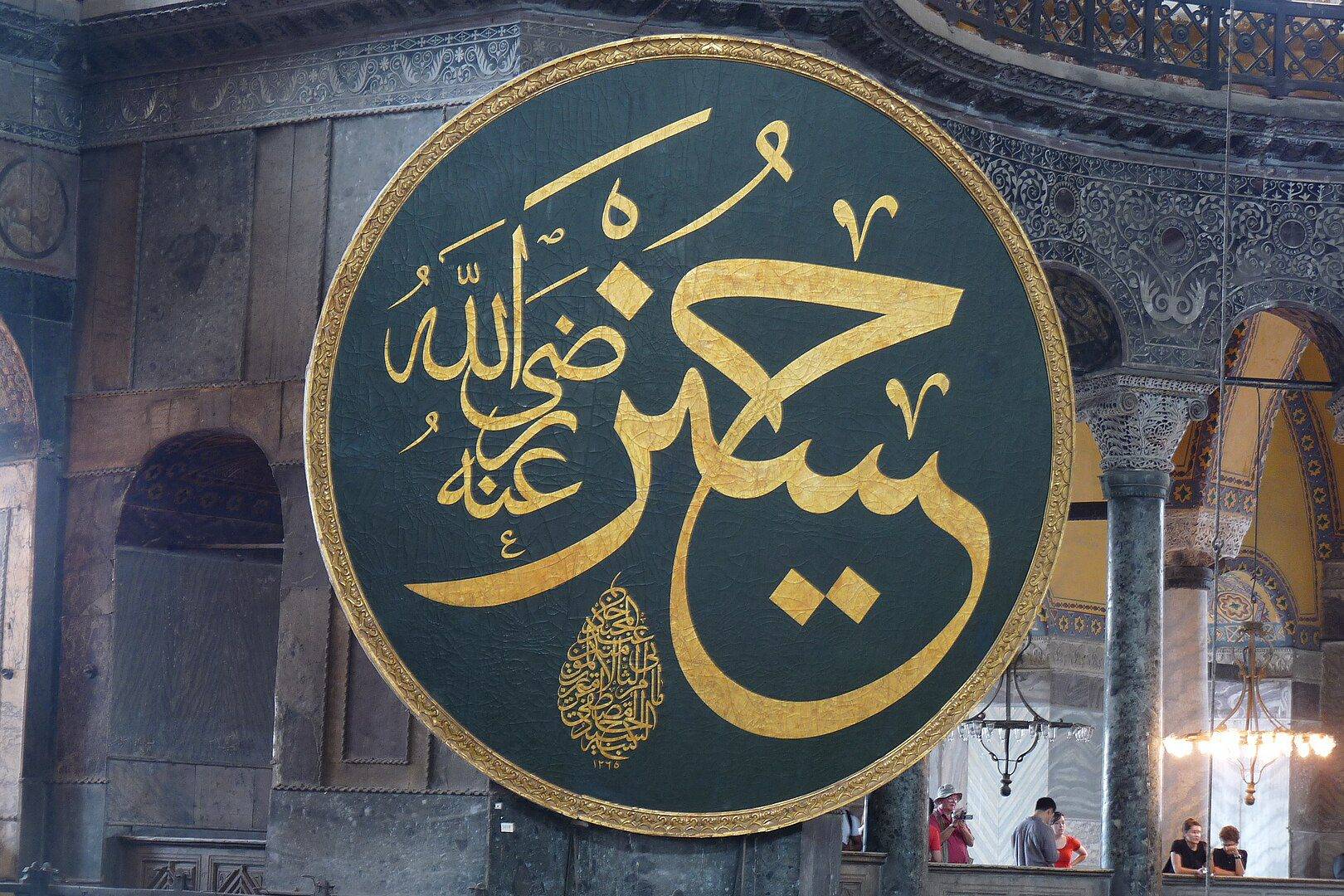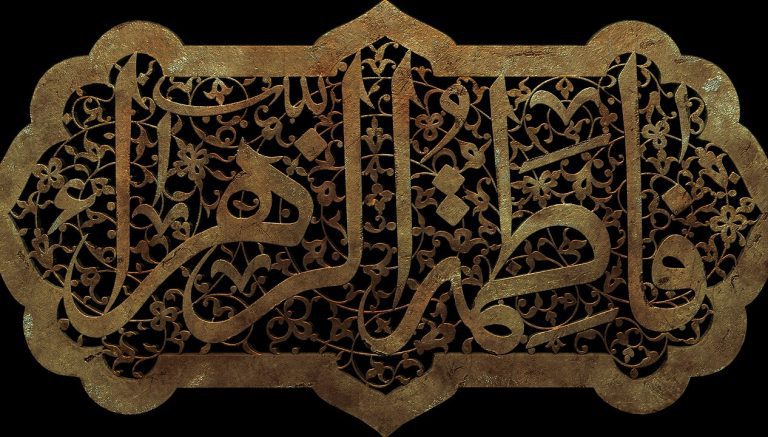The Heartrending Saga of Imam Hussain (AS): Imam Hussain
Embark on an emotional journey through the poignant narrative of Imam Hussain (AS), the revered grandson of the Prophet Muhammad (peace be upon him). Delve into the depths of his story, marked by courage, sacrifice, and unwavering devotion to truth, and discover the timeless lessons of resilience, faith, and unwavering commitment to justice.
He was the grandson of Prophet Muhammad (PBUH) through his daughter Fatima (SA) and son of Imam Ali (AS), the Prophet’s cousin.
Introduction:
Enter the realm of Islamic history, where the name of Imam Hussain (AS) echoes with reverence and sorrow, encapsulating the epitome of sacrifice and righteousness. Join us on an emotional odyssey as we unravel the poignant tale of this noble Imam, whose unwavering stance against tyranny and oppression continues to inspire hearts and minds across generations.
Early Years and Noble Lineage:
Imam Hussain (AS), was born in Medina around 626 CE, into the illustrious lineage of the Prophet Muhammad (peace be upon him) and his beloved daughter, Fatimah (may Allah be pleased with her). From his earliest days, he was imbued with the values of compassion, justice, and unwavering devotion to Allah.
Guidance of the Prophet Muhammad (peace be upon him):
Imam Hussain (AS) was blessed to receive the guidance and affection of his grandfather, the Prophet Muhammad (peace be upon him), who nurtured his noble character and instilled in him a deep love for humanity and righteousness.
Devotion to the Path of Truth:
From a young age, Imam Hussain (AS) exhibited an unwavering commitment to the path of truth and justice, refusing to compromise his principles for the sake of worldly gain or comfort. His steadfastness in upholding the values of Islam earned him the admiration and respect of all who knew him.
The Death of the Prophet (PBUH) and Political Turmoil:
The passing of Prophet Muhammad (PBUH) in 632 CE plunged the Muslim community into a period of political turmoil. The leadership of the Muslim world (Caliphate) became a point of contention.
Imam Hussain’s (AS) Stance:
Imam Hussain (AS) believed that leadership should remain with the Prophet’s (PBUH) family, Ahl al-Bayt. However, he avoided confrontation and remained patient during the first three caliphates.
The Journey to Karbala:
Imam Hussain (AS), along with his family and a small band of loyal companions, left Medina in 680 CE. News from Kufa grew bleak as Yazid tightened his grip on the region. Many who had invited Imam Hussain (AS) abandoned their calls for support.
Yazid and the Call to Arms:
Yazid, the Umayyad Caliph, ascended to power in 680 CE. His rule was seen by many as a deviation from Islamic principles. Imam Hussain (AS) received invitations from people in Kufa, Iraq, seeking his leadership to challenge Yazid’s rule.
The Stand at Karbala:
On the 10th day of Muharram, 680 CE (known as Ashura), Imam Hussain (AS) and his companions were surrounded by a much larger Umayyad army in Karbala, Iraq. Despite the overwhelming odds, Imam Hussain (AS) refused to yield to Yazid’s demands, seen as a compromise of his principles.
The Tragic Events of Karbala:
The defining moment of Imam Hussain’s (AS) life came during the tragic events of Karbala, where he valiantly stood against the forces of tyranny and oppression in defense of Islam and its principles. Alongside his loyal companions and family members, Imam Hussain (AS) confronted the oppressive regime of Yazid, refusing to submit to injustice and tyranny.
Sacrifice and Martyrdom:
Imam Hussain (AS) and his companions faced unimaginable hardships and deprivation as they stood firm in their resolve to uphold the truth. Despite being vastly outnumbered, they refused to yield, choosing instead to sacrifice their lives for the sake of Islam and future generations.
The Battle of Karbala was a brutal one-sided fight. Imam Hussain (AS) and his companions, including his sons and brothers, were martyred. His family members were taken captive.
Legacy of Sacrifice and Resilience:
Though Imam Hussain (AS) and his companions were martyred on the plains of Karbala, their sacrifice resonates across centuries, inspiring believers to stand up against oppression and injustice. Their unwavering commitment to truth and righteousness serves as a timeless example of resilience, faith, and unwavering devotion to Allah.
Continued Reverence and Remembrance:
Imam Hussain (AS) and the martyrs of Karbala are revered by Muslims worldwide, who commemorate their sacrifice during the solemn days of Muharram and Safar. The legacy of Imam Hussain (AS) lives on in the hearts of believers, serving as a reminder of the eternal struggle between truth and falsehood.
Conclusion:
As we reflect on the emotional journey of Imam Hussain (AS), let us draw inspiration from his unwavering courage, sacrifice, and devotion to truth. May we strive to emulate his noble example in our own lives, standing firm in the face of adversity and never compromising our principles for the sake of worldly gain.
FAQs (Frequently Asked Questions):
1. Why is Imam Hussain (AS) revered by Muslims worldwide?
Imam Hussain (AS) is revered by Muslims worldwide for his unwavering courage, sacrifice, and devotion to truth. His stand against injustice and tyranny at the Battle of Karbala serves as a timeless example of resilience and unwavering commitment to Allah.
2. What lessons can we learn from the tragedy of Karbala?
The tragedy of Karbala teaches us the importance of standing up against oppression and injustice, even in the face of overwhelming odds. Imam Hussain (AS) and his companions sacrificed their lives for the sake of Islam, leaving behind a legacy of courage, sacrifice, and unwavering devotion to truth.
3. How did Imam Hussain (AS) prepare for the Battle of Karbala?
Imam Hussain (AS) meticulously prepared for the Battle of Karbala, gathering a small band of loyal companions and family members to confront the oppressive regime of Yazid. Despite knowing the odds were stacked against them, they remained steadfast in their resolve to uphold the principles of Islam.
4. What was the significance of Imam Hussain’s (AS) stand at Karbala?
Imam Hussain’s (AS) stand at Karbala holds immense significance in Islamic history, as it symbolizes the eternal struggle between truth and falsehood. His refusal to submit to tyranny and oppression, even at the cost of his own life, serves as a timeless example of unwavering devotion to Allah.
5. How do Muslims commemorate the martyrdom of Imam Hussain (AS) and his companions?
Muslims commemorate the martyrdom of Imam Hussain (AS) and his companions during the solemn days of Muharram and Safar, through rituals such as mourning processions, recitations of elegies, and reenactments of the events of Karbala. These rituals serve as a reminder of the sacrifices made by Imam Hussain (AS) and his companions for the sake of Islam.
6. What emotions are evoked by the story of Imam Hussain (AS) and the tragedy of Karbala?
The story of Imam Hussain (AS) and the tragedy of Karbala evoke a range of emotions, including sorrow, grief, and profound admiration for the courage and sacrifice of Imam Hussain (AS) and his companions. Their unwavering commitment to truth and justice continues to inspire believers of all ages, serving as a timeless reminder of the importance of standing up against oppression and injustice.
It’s important to note that there are different interpretations and perspectives on this historical event. This is a general overview, and further research can delve deeper into the details and significance of Imam Hussain’s (AS) story.







